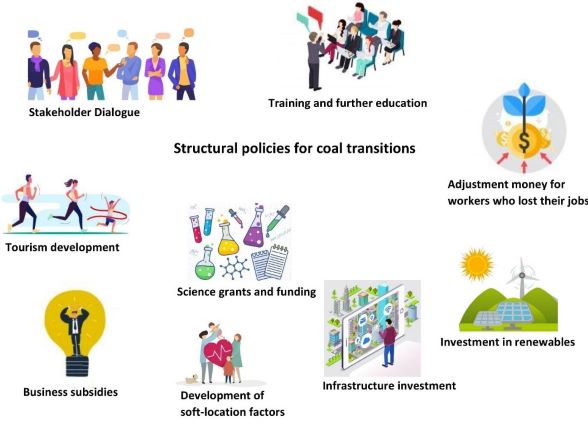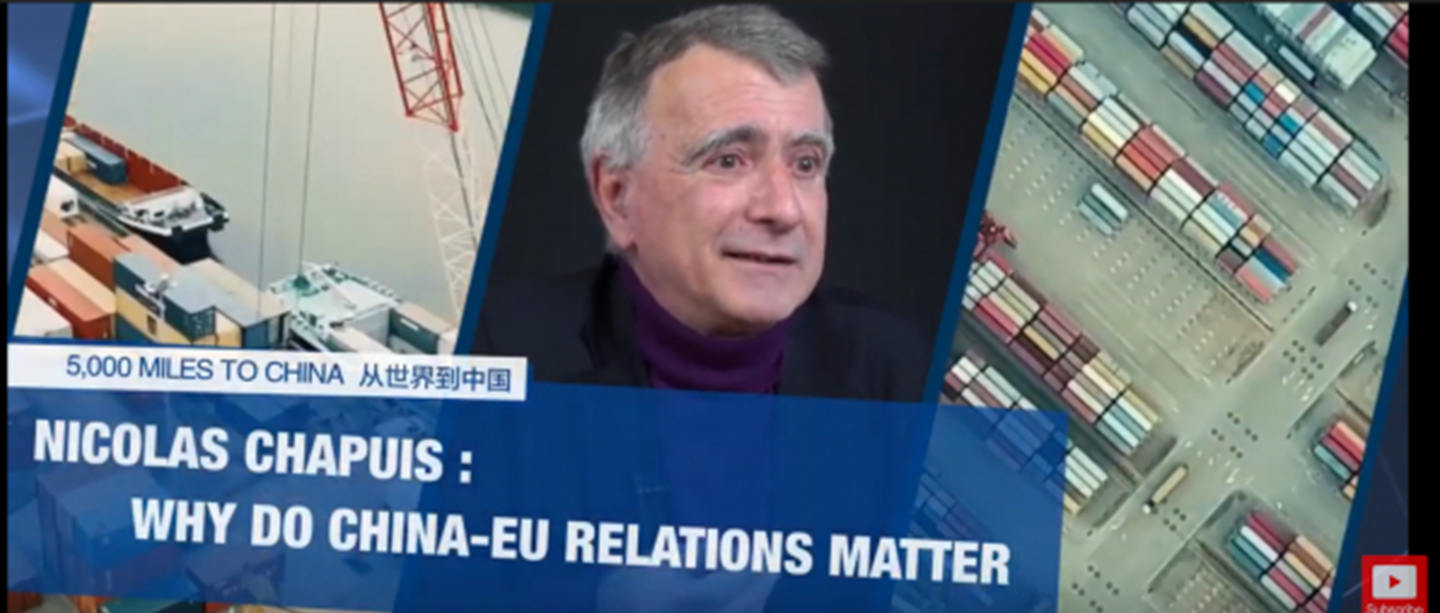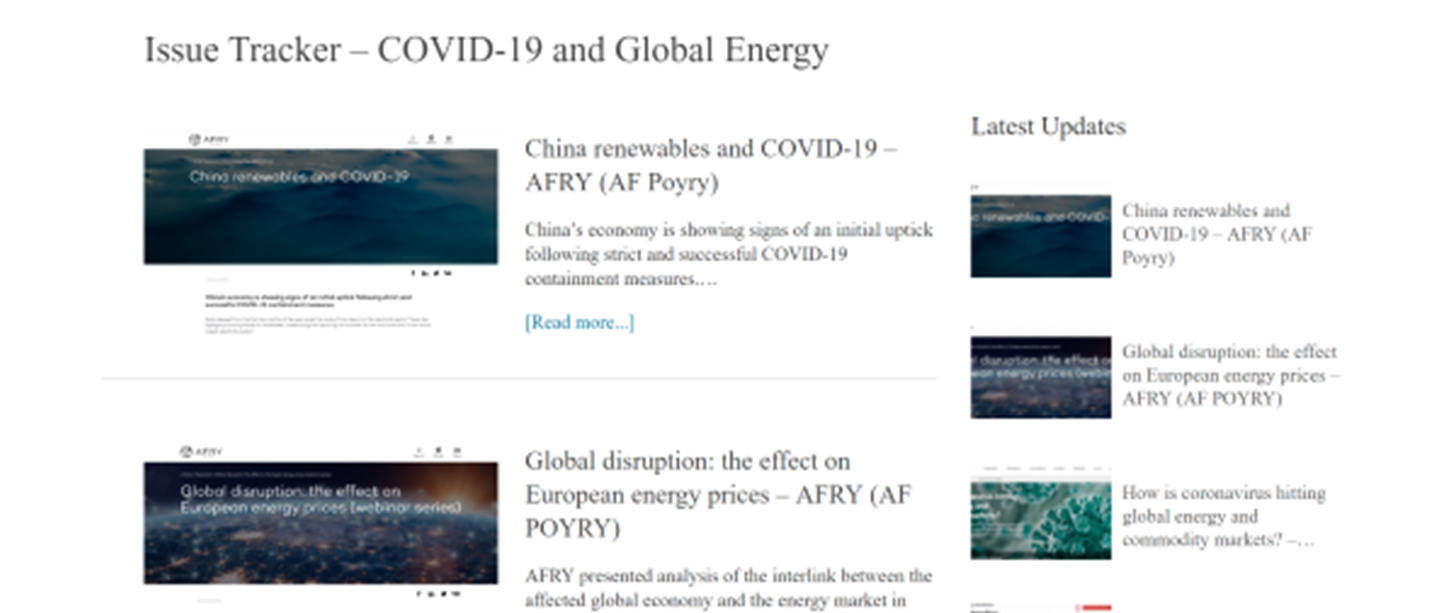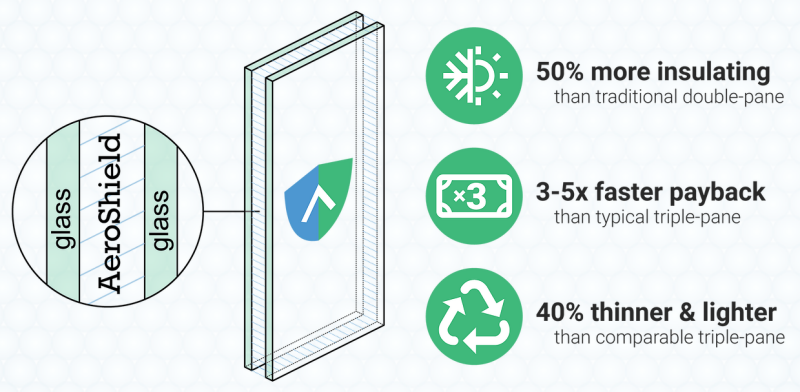
03 March 2020 by Helena Uhde, ECECP Junior Postgraduate Fellow It was not just recently, that researchers, think tanks and decision makers started warning about the wasted investment into coal power plants. There is a political consensus in the EU and in China, that a shift towards a low-carbon economy is necessary. Leading financial institutions are increasingly backing out of coal investments and reports show that the existing coal mines are sufficient to cover demand. According to an analysis
[Read more...]





